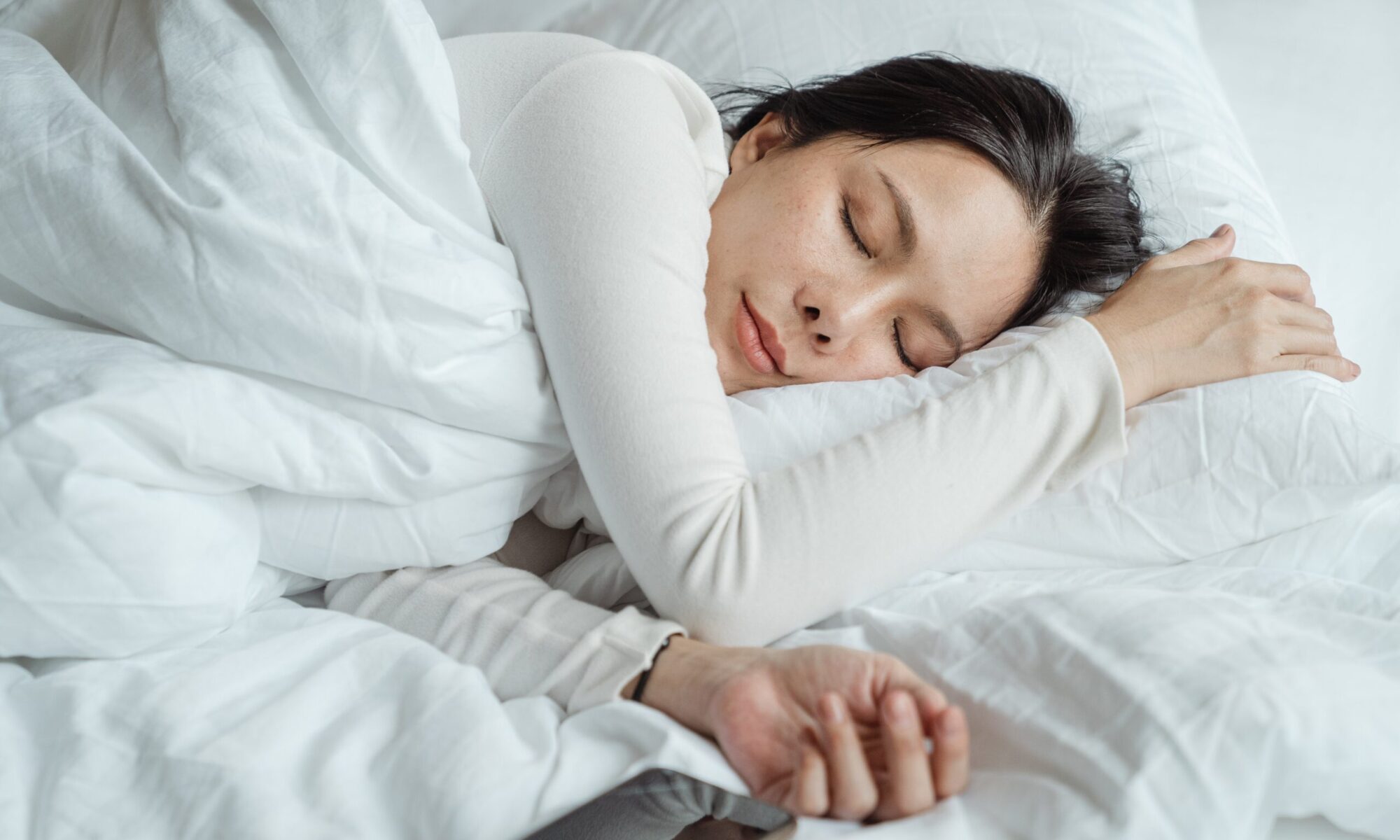Insomnia
Are you just about all in? Are you close to your wits end in not being able to get a decent night’s sleep? You’ve tried just about everything, from reading, to music and even herbal teas! May be there’s something you missed, but what is it? You’d buy it if you thought it would work! Hang in there, there’s light at the end of the tunnel, there’s hope for even the worst sleepers out there, let alone you!
Insomnia?
The good thing is we’re not talking drugs, buying stuff or standing on your head. You don’t have to attack the problem with “Gusto”, in fact to achieve a better sleep it is helpful not to. Just take it easy and “roll with it”, sleep is a natural thing. All you need is an open mind and a willingness to try. Healthy sleep should be accessible to us, you just need the key.
Some things will work better for some than others. Everyone’s different and everyone’s issues and problems are certainly individual, even if not unique. There is no, “one size fits all” technique. With a little insight and the willingness to give things a try, I believe that you can make it!
What are two main types of sleep issues found in the general public?

There are many types of sleep disorders but the main two, and by far the most common, are insomnia and Sleep Disordered Breathing. Insomnia is usually what is termed a psychophysiological insomnia. Which often includes, “Racing thoughts” and the inability to slow your brain down to sleep.
The likelihood of it being a sleep disorder involving organic disorder or a chemical imbalance are slim and although insomnia often accompanies other diseases, there are few that cause insomnia through a chemical imbalance. Serious life-threatening diseases of insomnia are one-in-a-million, like the prion disease FFI and I can assure you that you haven’t got that!
So, if what you have is not rare and not due to a chemical imbalance, what is it and how do you fix it. Well, even the psychophysiological insomnia we discussed can be very resistant to treat and many people resort to sleeping tablets and medications. We all know about the potential problems and risks with sleeping tablets and that’s where Behavioural Sleep Medicine (BSM) and Cognitive Behavioural Therapy for Insomnia (CBT-I) come in. Studies have shown CBT-I to work as well as drugs, with a longer effect and without their downside. Chances are this will give you what you’re looking for.
You may have other problems too; which will affect success?

Maybe you’ve been taking sleeping tablets. Don’t worry, many people do, often because they are not given options. If you have been medicated, you may decide to slowly withdraw from them as you build sleep strength from safer means like BSM and CBT-I. One thing you should be aware of (and this is true whether you are using these effective but safer approaches or not), withdrawal from sleeping tablets can cause uncomfortable side effects because they do change brain chemistry. Worsened insomnia can be part of drug withdrawal and so work with your physician on this and always do it slowly with his care and advice.
As this can worsen with time, the sooner you find safer alternatives the better. There is always a place for a short period of management but treating insomnia with sleeping tablets alone is fraught with problems for which a price may later need to be paid. “Try to avoid drugs when and where possible” is a good mantra, unless the medication is to treat or manage a disease unmanageable without.
So, what is the connection between Insomnia and Sleep Disordered Breathing (SDB)?

